ETH Research Centre in Singapore Inaugurated
Researchers and guests from Switzerland and Singapore, in the presence of Swiss Federal Counsillor Alain Berset, took part in the official inauguration of the Singapore-ETH Centre for Global Environmental Sustainability (SEC). The subject of current research is The Cities of the Future.
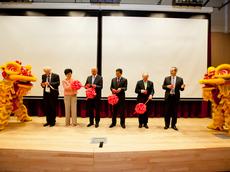
Approximately 250 guests from Switzerland and Singapore were invited by ETH Zürich to attend the inauguration of the new research building in Singapore, among them the two guests of honour, Vivian Balakrishnan, Singapore’s Minister for Environment and Water Resources, and Federal Counsellor Alain Berset. In his speech, the Swiss Education Minister stressed the importance of education, research and innovation, particularly for countries such as Switzerland and Singapore, both small states without significant natural resources. Mr. Berset said that he hoped that collaborative research in Singapore would help to make the growth of cities more sustainable.
As the first foreign university, ETH Zürich recently moved into a brand new research building, the CREATE Tower. The tower is located on the campus of National Singapore University (NUS), about a 20-minute drive from the city centre. Other research groups from foreign universities will successively move into the CREATE Tower, including MIT, UC Berkeley and TU Munich. The ETH researchers expect a great deal from this convergence of several universities under one roof.
The inauguration of the Singapore-ETH Centre for Global Environmental Sustainability (SEC) took place almost two years after the signing of an agreement between ETH Zürich and the National Research Foundation (NRF). The SEC is the framework within which specific research projects can take place. The first project, the Future Cities Laboratory (FCL), is dedicated to the topic of sustainable urban development (see box). In the medium term, risk research and food security may be added as research topics for the SEC.
In the centre of the growth triangle
The FCL has been established over the past 18 months. Today, more than 100 researchers are active in the FCL, among them 45 doctoral students, approximately 20 post-docs and a dozen principal investigators. The latter are ETH professors in charge of individual modules, who partially do their research in Singapore. ETH president Professor Ralph Eichler sees an educational opportunity in this first research location of a Swiss university in Asia. “Knowledge acquired here will become part of the curricula in our architectural and engineering programmes, and will enable our graduates to utilise new knowledge in big city planning and development,” he said.
According to forecasts, Asia and Africa will show the most pronounced growth in cities over the coming years and decades. Singapore is located in the centre of an imaginary triangle between China, India and Indonesia, in which currently a third of the global population lives. It is assumed that in the next 20 to 30 years three times as many people will be added to this region as currently live in Europe. Singapore is in many respects an ideal location in which to conduct research on new ideas and concepts for more sustainable cities, says SEC Director Professor Gerhard Schmitt, the driving force behind the ETH engagement in Asia. Singapore as a city state – comprising an area slightly larger than Lake Geneva – is particularly interested in an intelligent and sustainable use of urban space. Also, the various public bodies or agencies, as they are called in Singapore, will play an important role for ETH researchers. For example, Singapore has employed road pricing for many years, generating daily data that are extremely valuable for the modelling and simulation of traffic flows – and not available elsewhere. Thus, one of the FCL research modules deals with the optimisation of the Singapore transport system.
Singapore’s active policy of research promotion
ETH Zürich is not the only foreign university that now has a research foothold in Singapore. Over the years, the city state has been very active in promoting itself as an international research and innovation location; this has included the National Research Foundation (NRF) trying to secure the collaboration of foreign universities. Singapore spent significant resources to this purpose and within a short period of time had established a dedicated campus consisting of several buildings on the campus of the NUS.
On a tour of the Future Cities Laboratory, Vivian Balakrishnan called it a question of survival for Singapore, as a small state, to be open and to scientifically analyse complex problems that cannot be solved alone with partners such as ETH Zürich. These undoubtedly include the question of how to design and build mega-cities where people have a sense of well being and development happens sustainably.
Future Cities Laboratory
The Future Cities Laboratory (FCL) was launched in September 2010 as an interdisciplinary research programme for sustainable urban development. The focus is on three subjects: sustainable building technology, cities as urban systems, and the relationship between urban and rural areas. The project aims to connect these different levels in a meaningful way and investigate their interdependencies. Architects, planners, and scientists see and design the city as a dynamic system where humans interact and resources, such as energy, water, space, capital, materials and information, are in constant flux. Within the FCL, ETH Zürich collaborates with, inter alia, the National University of Singapore (NUS) and the Nanyang Technological University (NTU). Professor Gerhard Schmitt is Director of the SEC and the FCL is headed by Professor Kees Christiaanse.


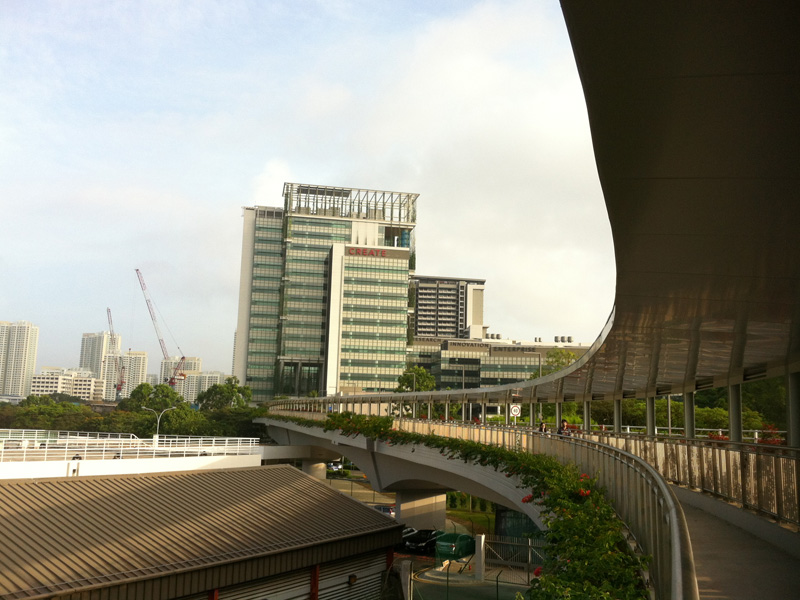
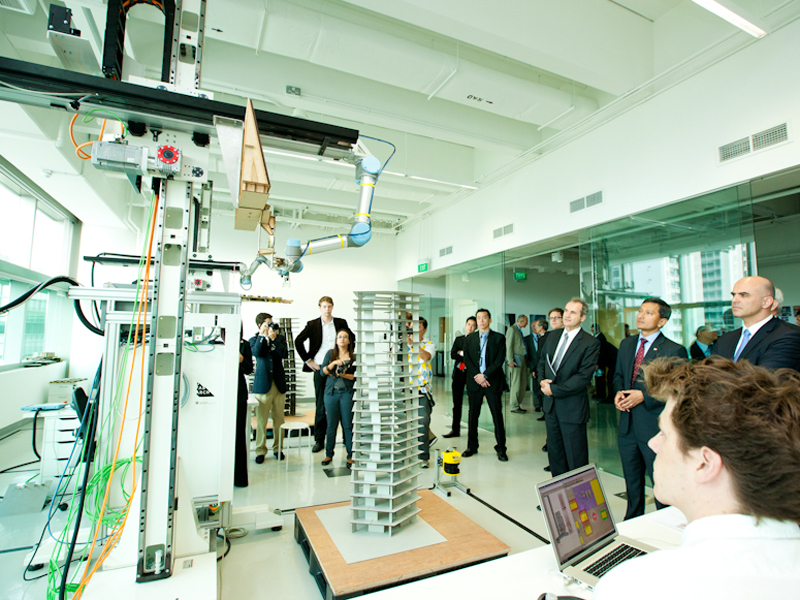
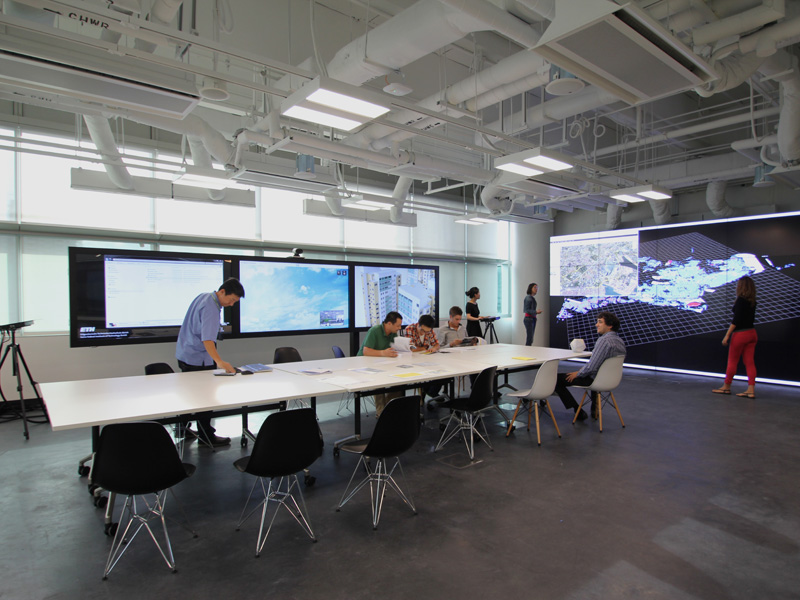
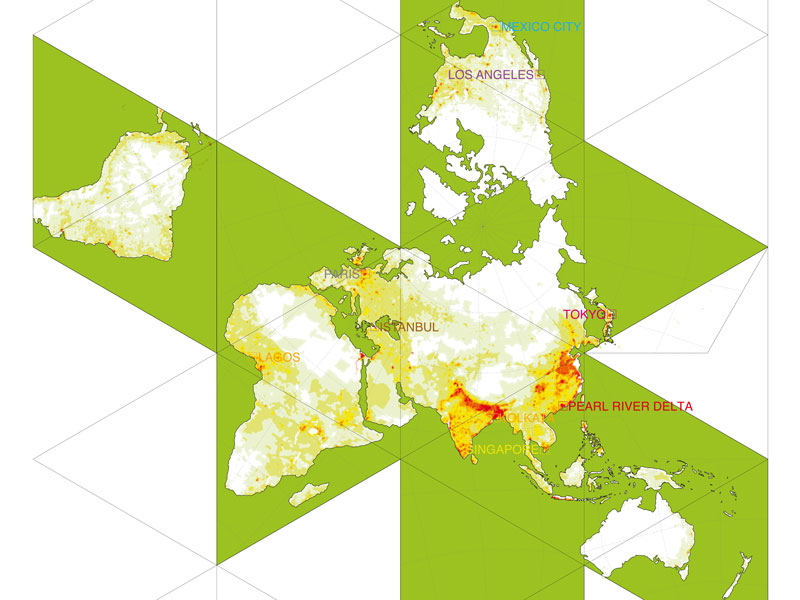





READER COMMENTS